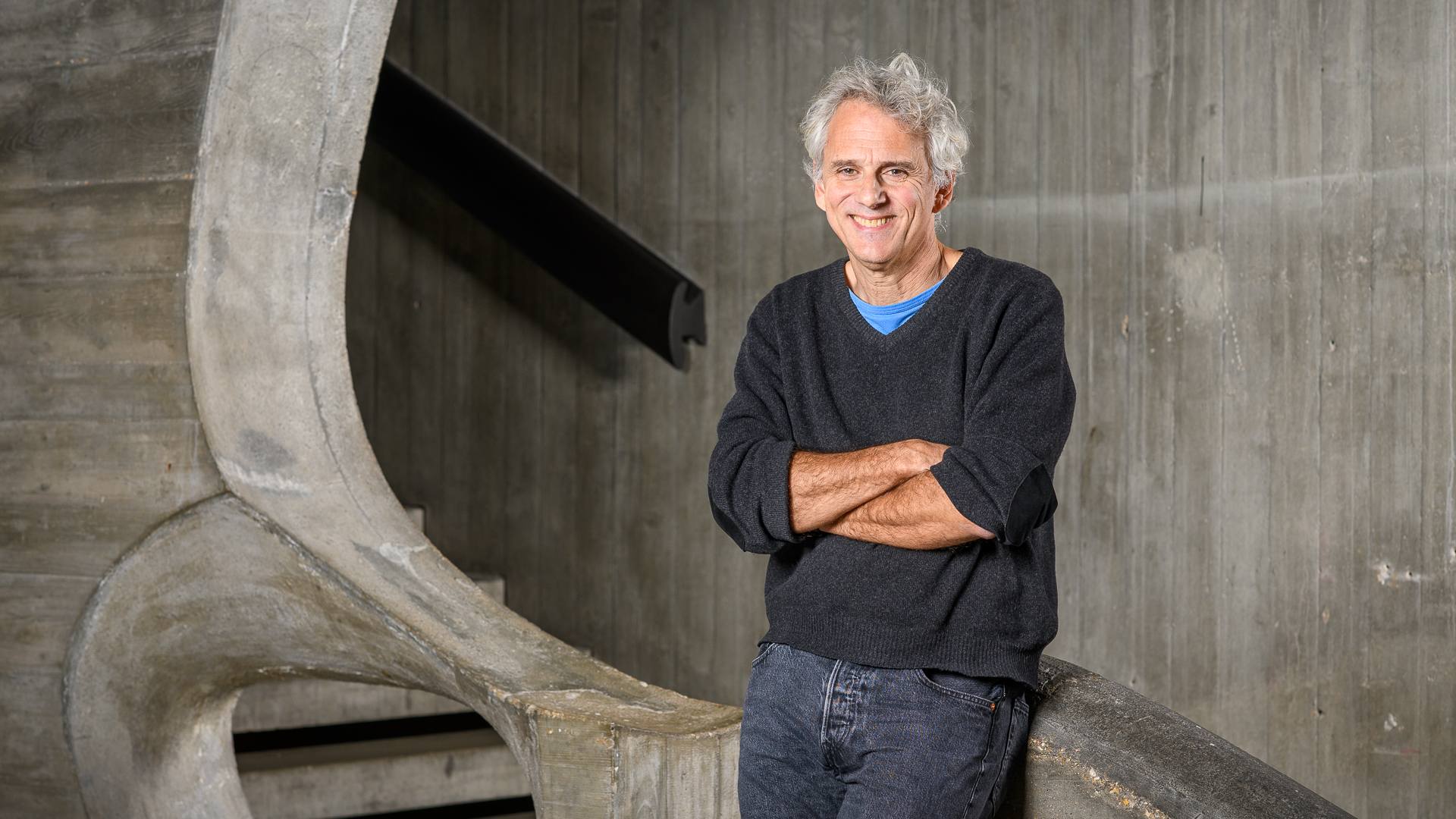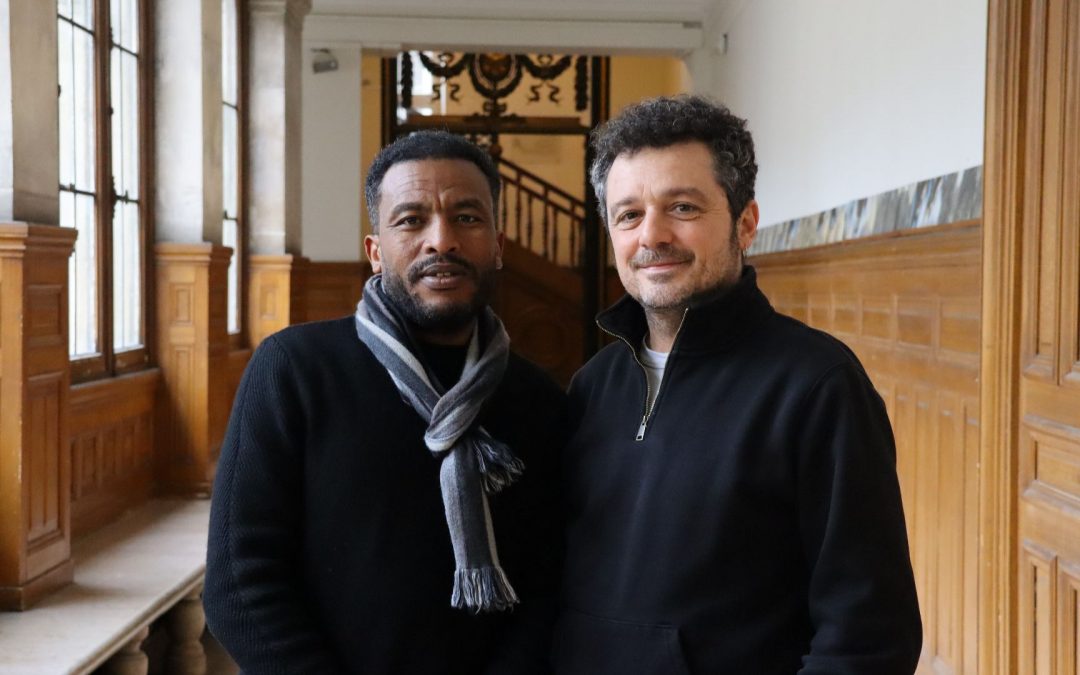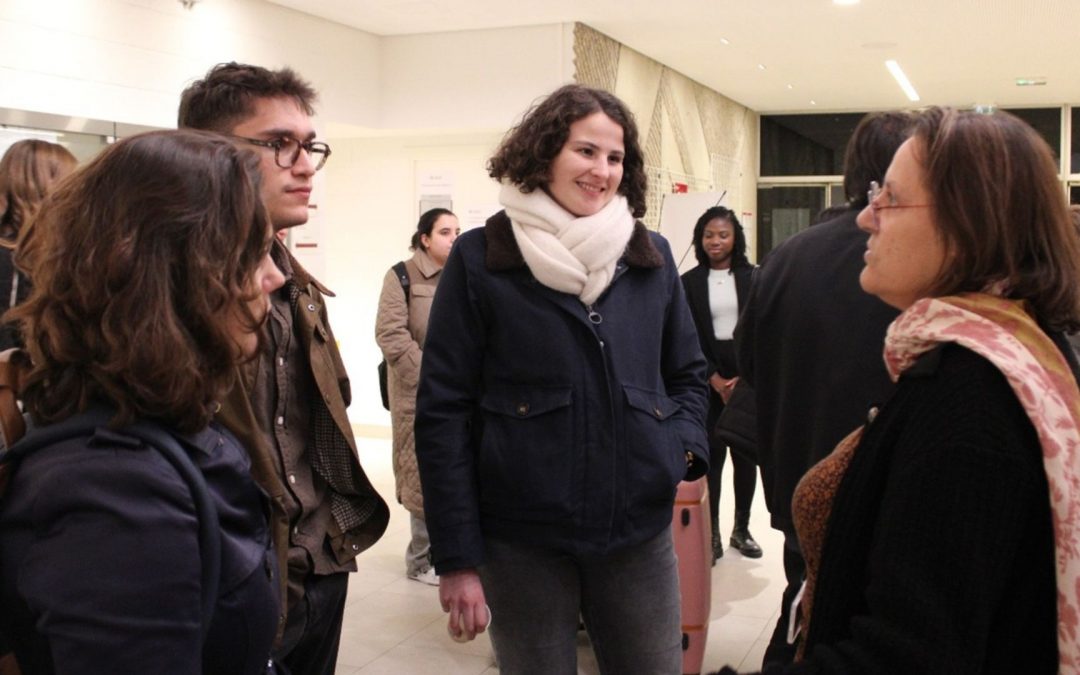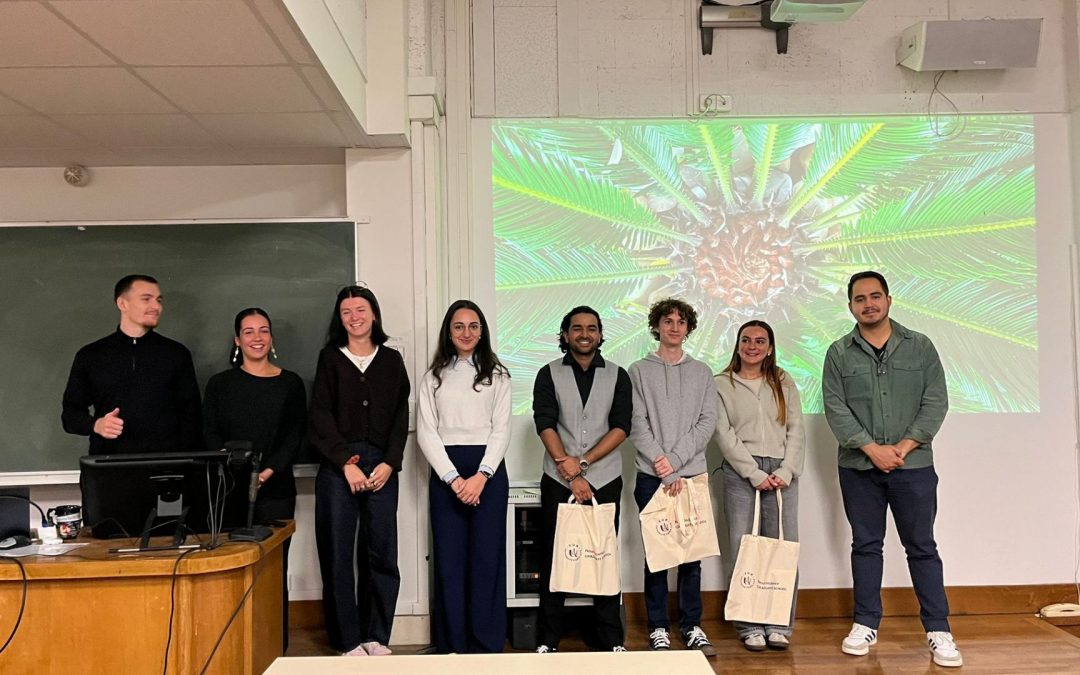When abnormally activated, the mTOR protein can contribute to the development of cancers and certain monogenic diseases that affect around 2 million people worldwide. The multi-disciplinary MENTOR project, which stands for Metabolic control of cell growth by mTOR in pathophysiology, coordinated by Université Paris Cité, will be launched as of January 2025. The goal is to study how these growth mechanisms work in order to develop treatments adapted to each patient.

Dr Mario Pende © François CHRISTOPHE / Institut Necker Enfants Malades
An Interdisciplinary Approach to Research & Training
The MENTOR project, coordinated by Dr Mario Pende at Université Paris Cité, is one the 17 French winners of the MSCA Doctoral Networks call for project proposals. The project brings together 15 laboratories specialising in chemistry, biology and health. Joint funding from the European Union and Switzerland will enable the recruitment of 18 PhD students, each of whom will work in one of the 15 laboratories related to their field of study. “The idea of the project is to get students in chemistry, biology and medicine to work together,” explains Dr. Mario Pende. Students will be trained through collaborative research, as well as through thematic schools planned as part of the programme.
Focus on mTOR Signaling Pathway
The mTOR signaling pathway, on which the project will focus, “has the ability to detect nutrient and insulin levels around the cell”, says Mario Pende. This ability to recognise nutrients is crucial, as it enables mTOR to trigger the cell’s growth mechanisms and the synthesis of macromolecules such as DNA, RNA and proteins. When mTOR is abnormally activated, it can contribute to the development of cancers and certain monogenic diseases that can threaten the lives of children, by preventing the proper development of organs such as the brain. Research is therefore needed to “develop treatments specifically adapted to children’s pathologies and the genetic mutations observed”, explains Dr. Pende.
By involving several scientific disciplines, MENTOR plans to conduct a comprehensive study of the mTOR signaling pathway. “Chemistry laboratories will work on the production of inhibitors to regulate enzymes involved in these growth mechanisms, while laboratories specialising in genetics will work on identifying new mutations involved in the various pathologies. Biologists will focus on molecular mechanisms and medical services on patient care”, explains the researcher.
Collective Support at UPCIté
Mario Pende says that, for the MENTOR project, “the work done by Université Paris Cité was instrumental in providing administrative support”. In particular, the project design department of the Faculty of Health was involved in drafting the project and signing the documents required for financial support from the European Union. Université Paris Cité is also involved in drawing up the budget and financial management of the 4 million euros allocated to the MENTOR project by the European Union. In addition, the university will be contributing to the creation of an intellectual property charter and to the monitoring committees that will be set up for doctoral students.
Read more

International Day of Women and Girls in Science: celebrating the women who push research forward
February 11 was the International Day of Women and Girls in Science. On this day, Université Paris Cité reaffirms its commitment to the equality between men and women and celebrates the journey of the women who advance research. Between celebrating our heritage and...
read more
Abraha and Pierre: A Friendship to Preserve the People’s Memory of War
In Paris, two historians’ paths crossed. One had just arrived from Ethiopia, carrying notebooks filled with daily observations written during the war in Tigray. The other, based in France, is a specialist of Ethiopian modern history. From this encounter, a partnership...
read more
“Open UE”: looking back on an interdisciplinary adventure organised by the Cardiovascular Sciences Graduate School
The “open UE”, launched by the Graduate School Cardiovascular Sciences, brought together researchers, clinicians, and experts from diverse fields for a week to explore major issues in biomedical and translational research. Open to all students across the 29 Graduate Schools of Université Paris Cité, it offered a unique space for learning and interdisciplinary exchange.
read more
Scientific event: the Neuroscience Graduate School highlights its young researchers
The Neuroscience Graduate School held the third edition of its scientific event, giving students from across the Graduate School the opportunity to present their research work. This now-established meeting has become a key moment for bringing together Master’s...
read more